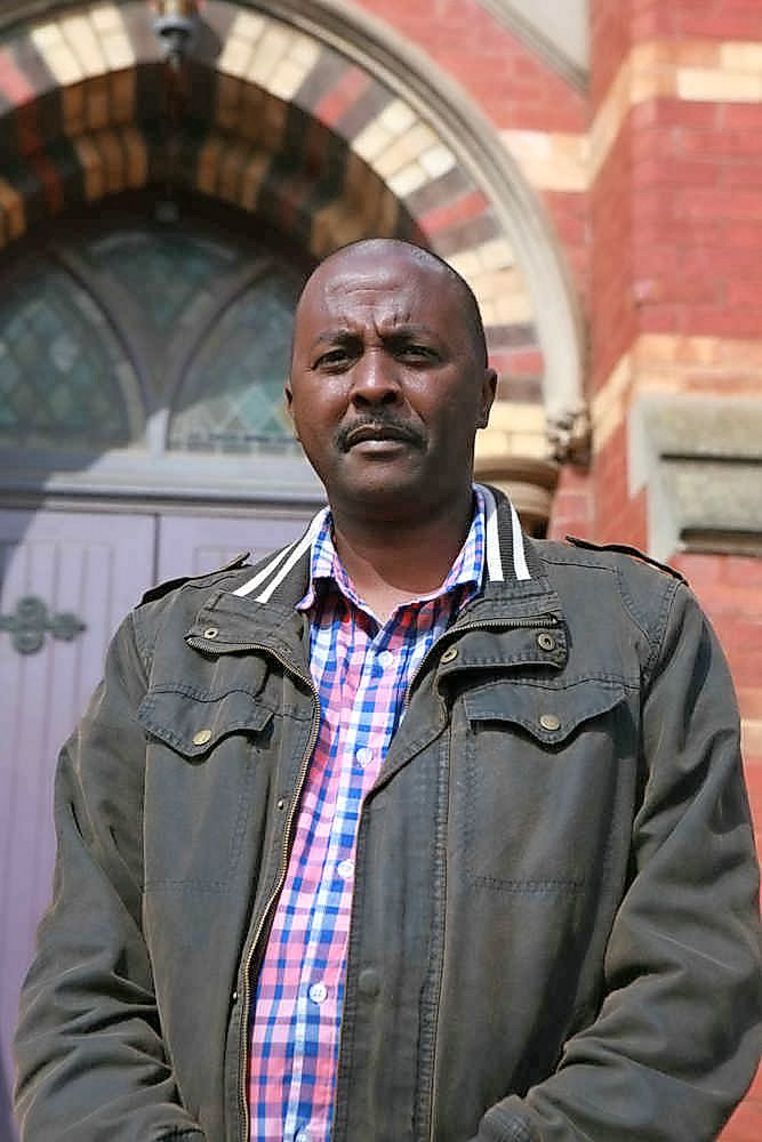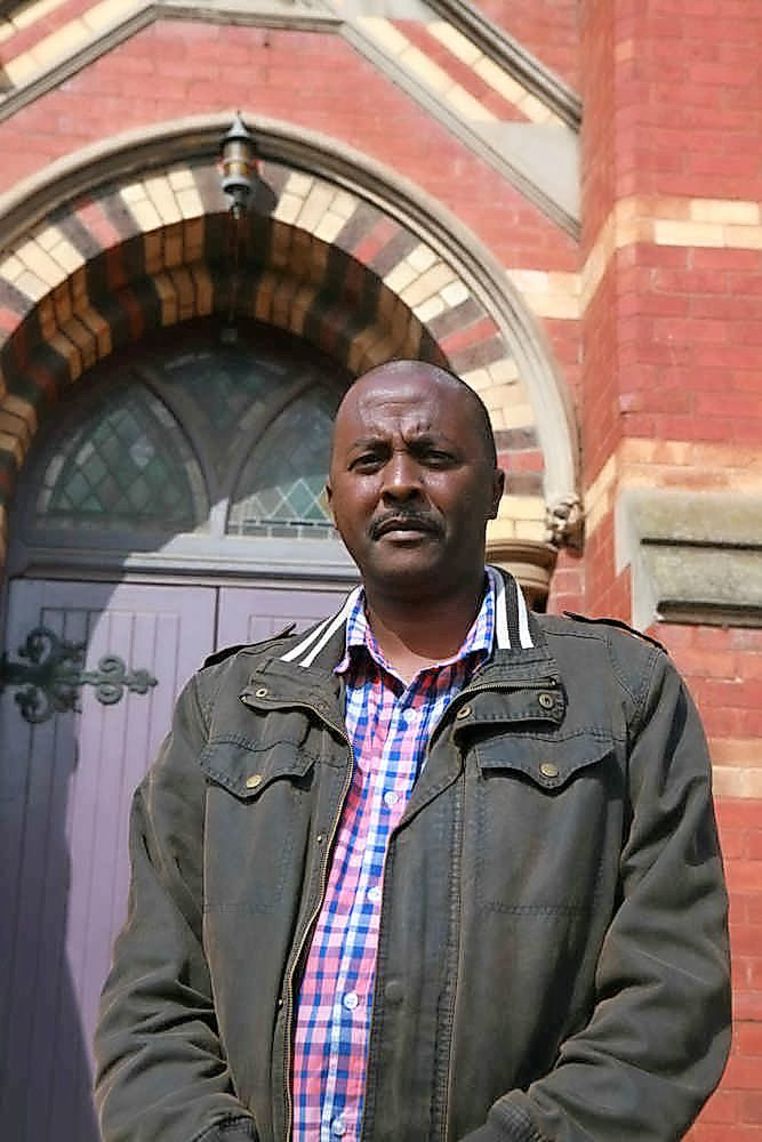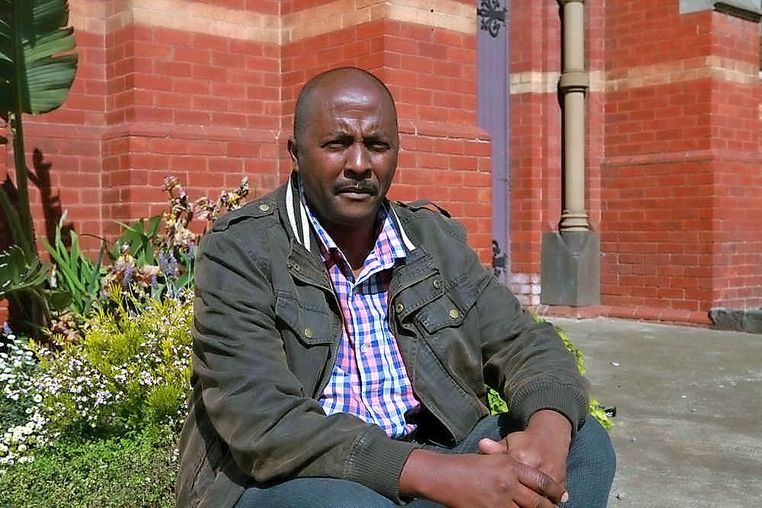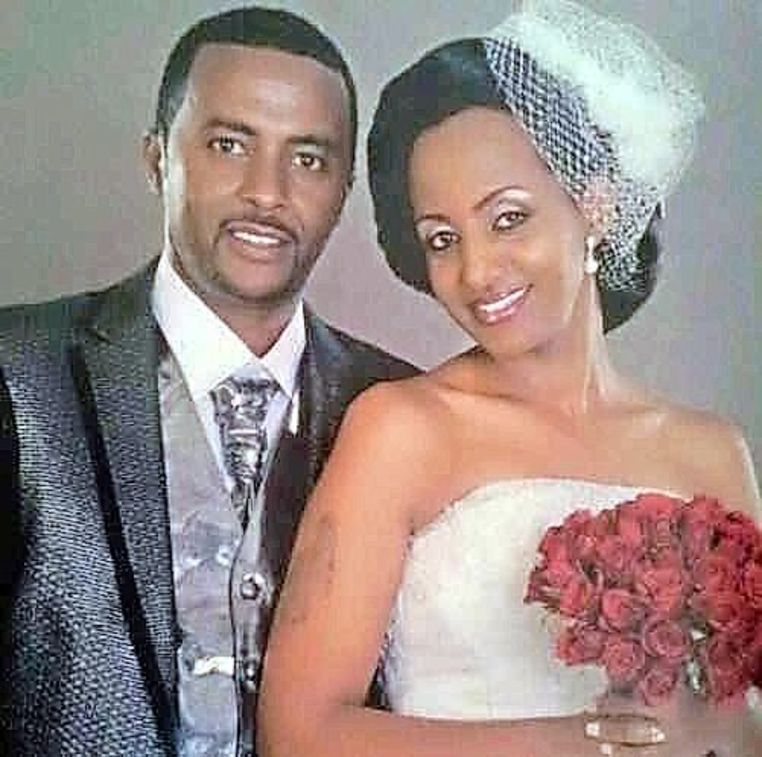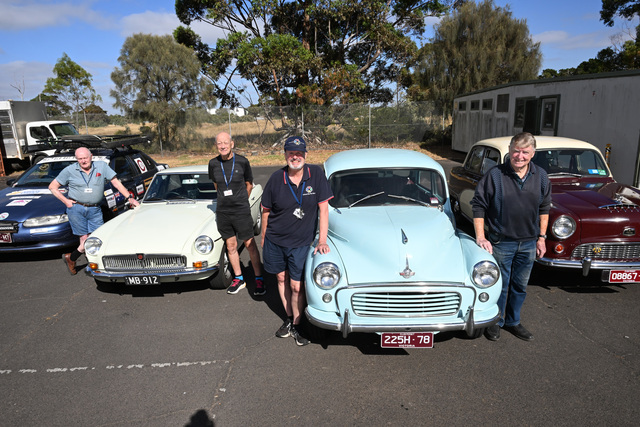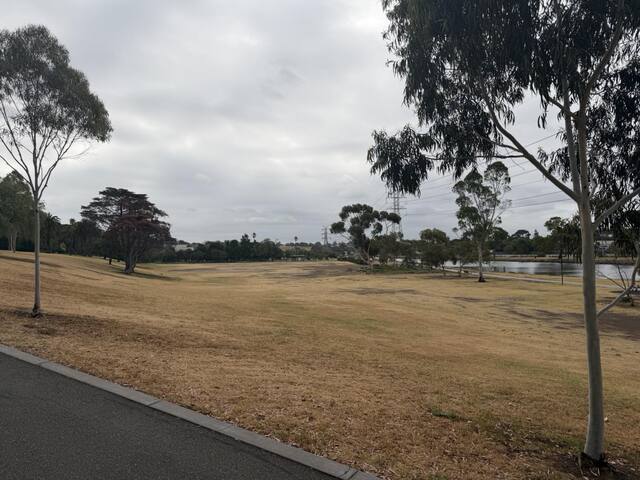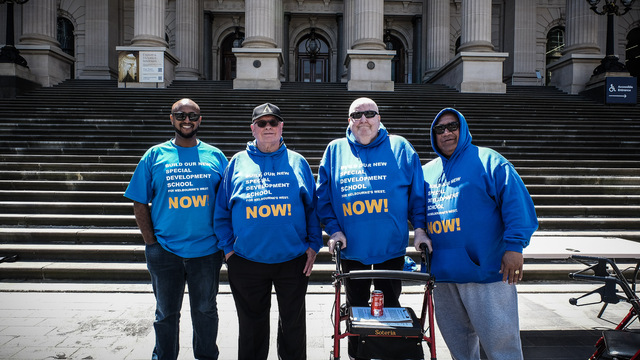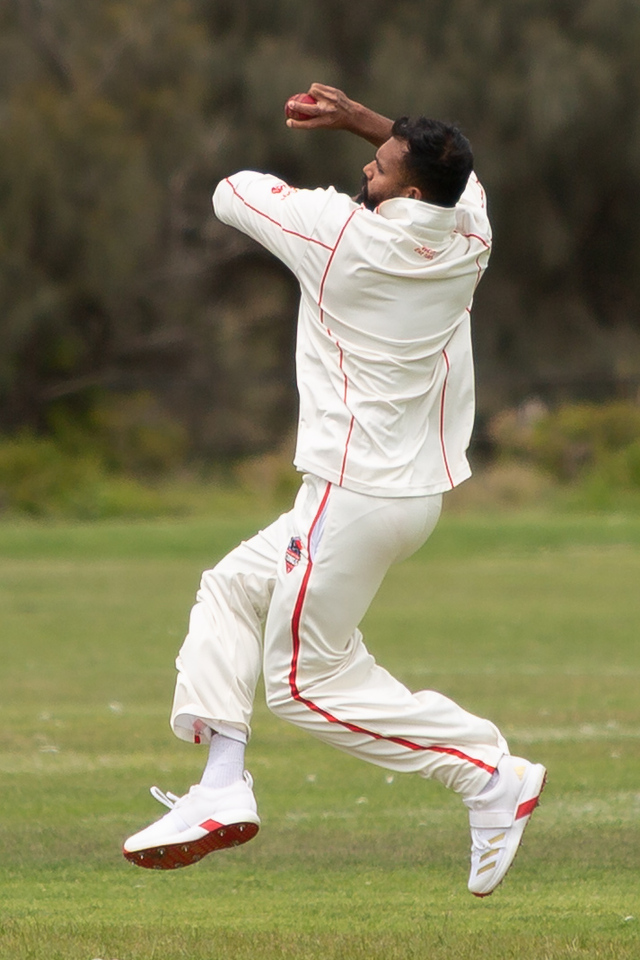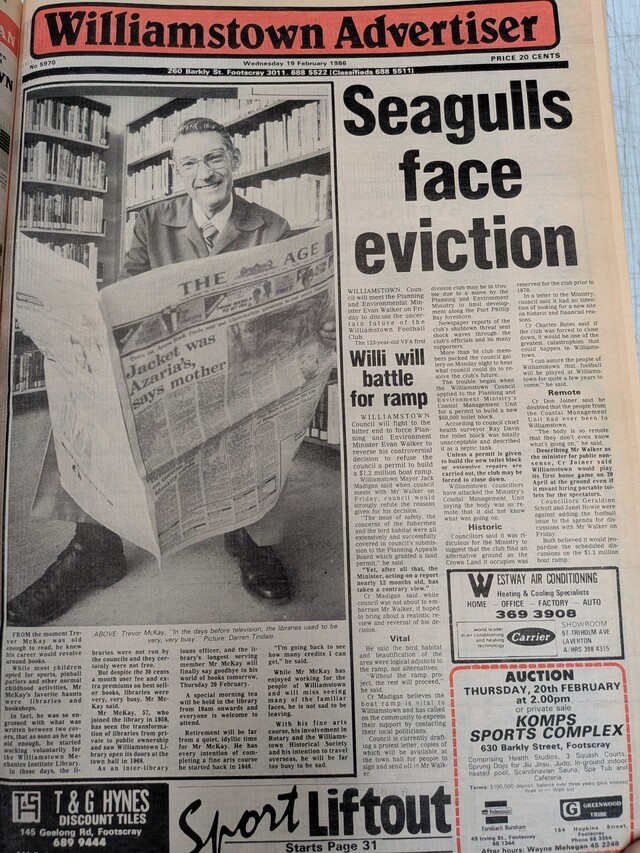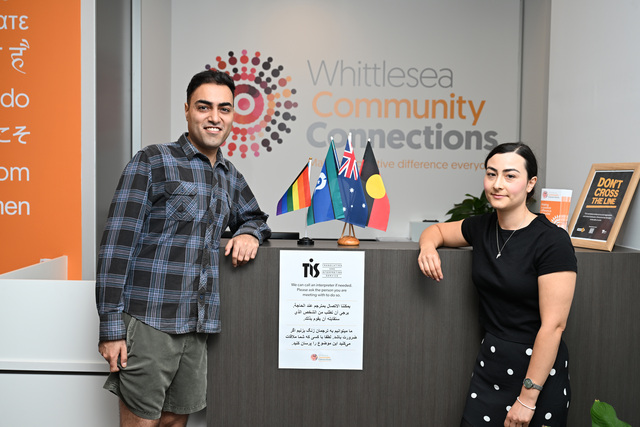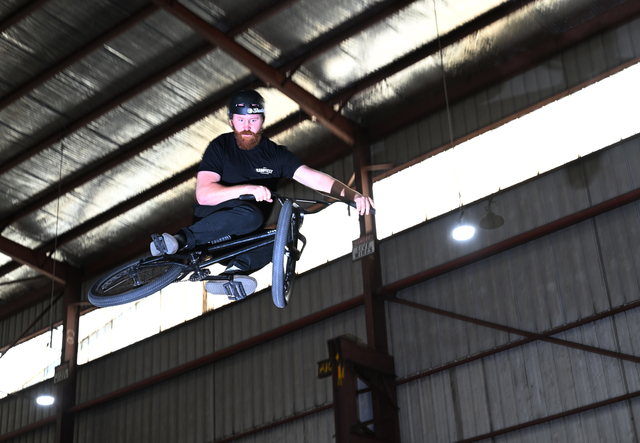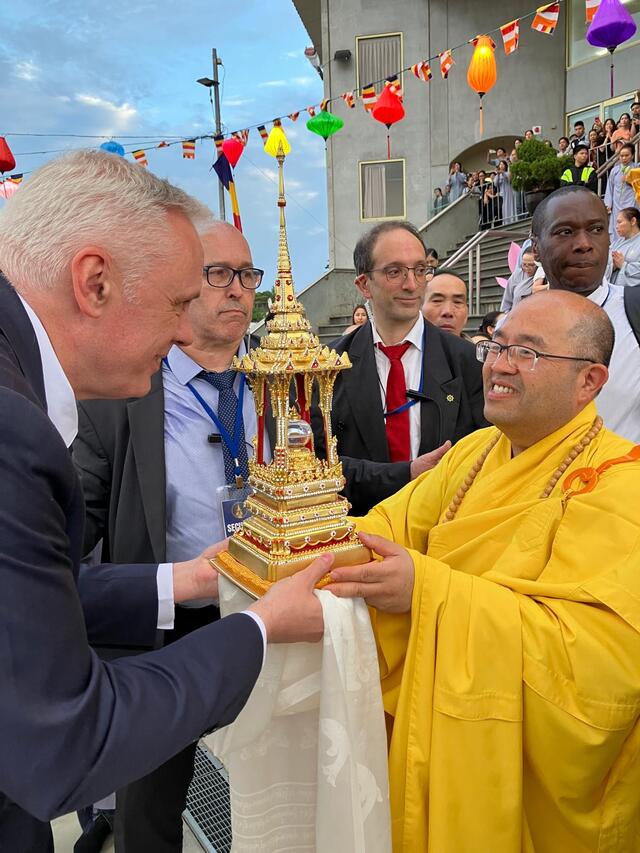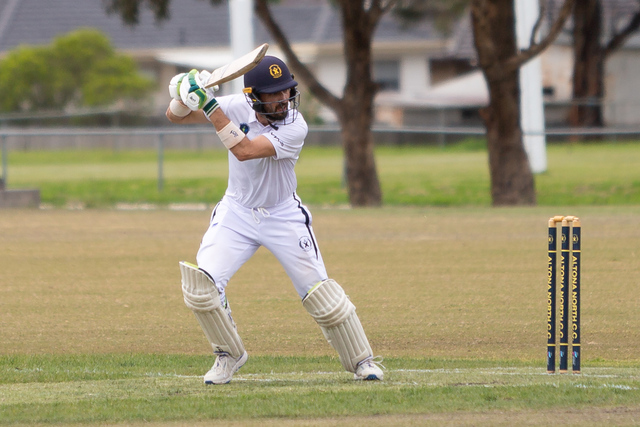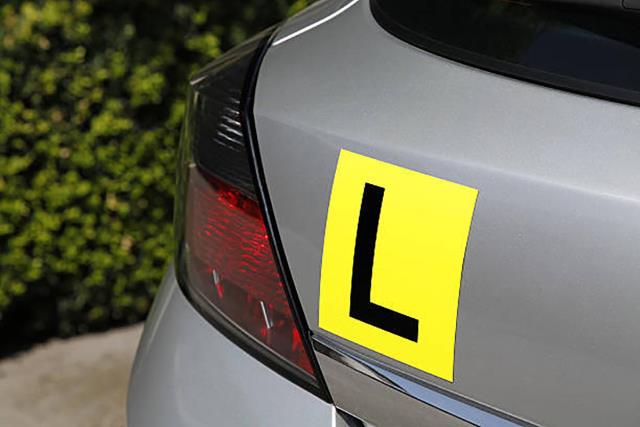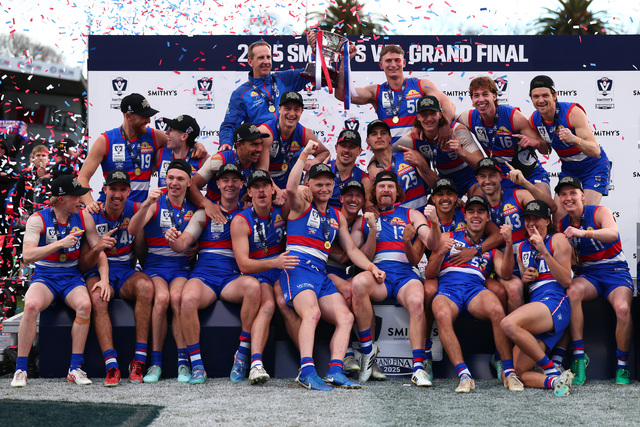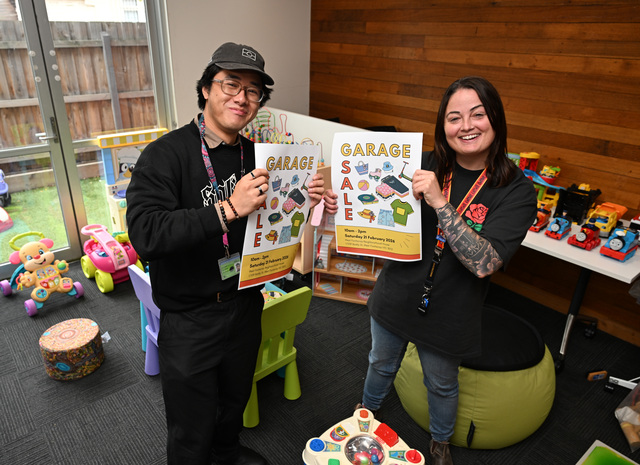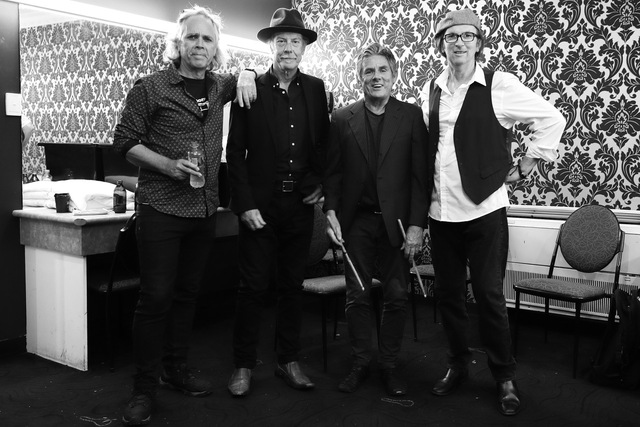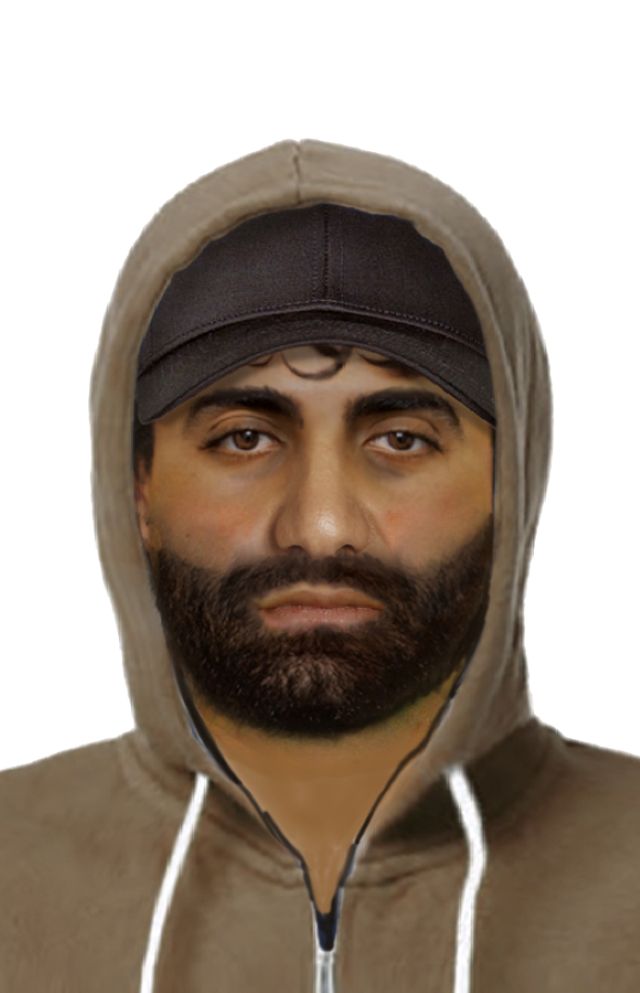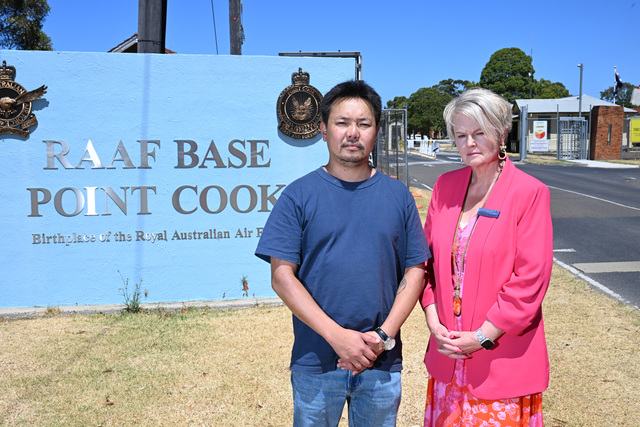All Daniel Tadese wants is to be with his wife and child.
But as his son Natnael prepares to mark his fourth birthday next week, there is no end in sight to the bureaucratic nightmare that has torn the family apart.
Mr Tadese, 48, is an Australian citizen of Ethiopian descent who has been living in Melbourne since 2007.
Immigration officials accept that the West Footscray man is the father of Natnael and have accordingly granted the child citizenship by descent.
Yet they continue to refuse to grant Mr Tadese’s wife, Genet Abebe, a partner visa on the basis of DNA testing undertaken in 2012.
The testing suggested the statistical likelihood of the couple being biological half siblings, compared to unrelated individuals, is 66 to 1.
While Ms Abebe was pregnant with Natnael in 2014, the then Department of Immigration struck out the visa application, arguing the results constitute “moderately strong” evidence that the pair share the same mother.
Speaking through an interpreter, Mr Tadese maintains that this is impossible as their families live in different parts of Ethiopia, a country of more than 100 million people, and had never met before their marriage.
“I was really shocked – there is no relation whatsoever,” he said. “We met through her aunty, who lives in Melbourne, who I met through the church.
“We started talking over the phone for a few months, then I went back to Ethiopia and we met personally and really liked each other.
“So we had the wedding there and I came back here and started the process for her visa.”

Mr Tadese said more than 200 guests attended the wedding ceremony in Addis Ababa in 2012.
The marriage is accepted under Ethiopian law and Mr Tadese also points out that the Ethiopian Orthodox church, which performed the marriage, does not allow half siblings to marry.
DNA testing is not a standard requirement of partner visa applications, but may be requested if the applicant and sponsor are suspected of being siblings.
The 2012 tests were carried out by a company called Genetic Technologies, which has since been taken over by Genomic Diagnostics.
Genomic Diagnostics business manager Brett Kennedy said the company could not comment on testing by a company that was not part of its group at the time.
Mr Tadese said he has so far racked up more than $20,000 in legal fees challenging the department’s decision.
But the Administrative Appeals Tribunal last year affirmed the refusal, prompting Mr Tadese to make a final appeal to the Federal Circuit Court, for which he has been waiting more than a year for a hearing date.
He said because DNA testing couldn’t provide a higher degree of certainty, the court should consider a wider range of supporting evidence.
That view is backed by Monash University senior law lecturer Maria O’Sullivan, who said she was unaware of any precedent cases in Australia.
“I think the authorities should be looking at matters other than just DNA, as there is a slight chance that the test is incorrect,” Dr O’Sullivan said.
The saga has now stretched on for more than six years, taking a heavy toll on Mr Tadese’s finances and mental health.
He has been diagnosed with depression and said his phone conversations with his wife and son, who are in Addis Ababa, inevitably ended in tears.
“I haven’t seen them for more than a year – I’m worried about my son growing up without really knowing me,” Mr Tadese said.
“Every single time I call he asks, ‘When are we coming?’ – it’s so heartbreaking to hear that.
“I’m on my own, I feel lost and I just don’t know what to do.”
A spokesperson from the Department of Home Affairs said the department did not comment on individual cases for privacy reasons.
The spokesperson said an applicant and sponsor being siblings would void the marriage in Australia under the Marriage Act.
“An application for a Partner visa cannot be approved on spouse grounds if the Department is not satisfied the relationship is valid under the Marriage Act.”

